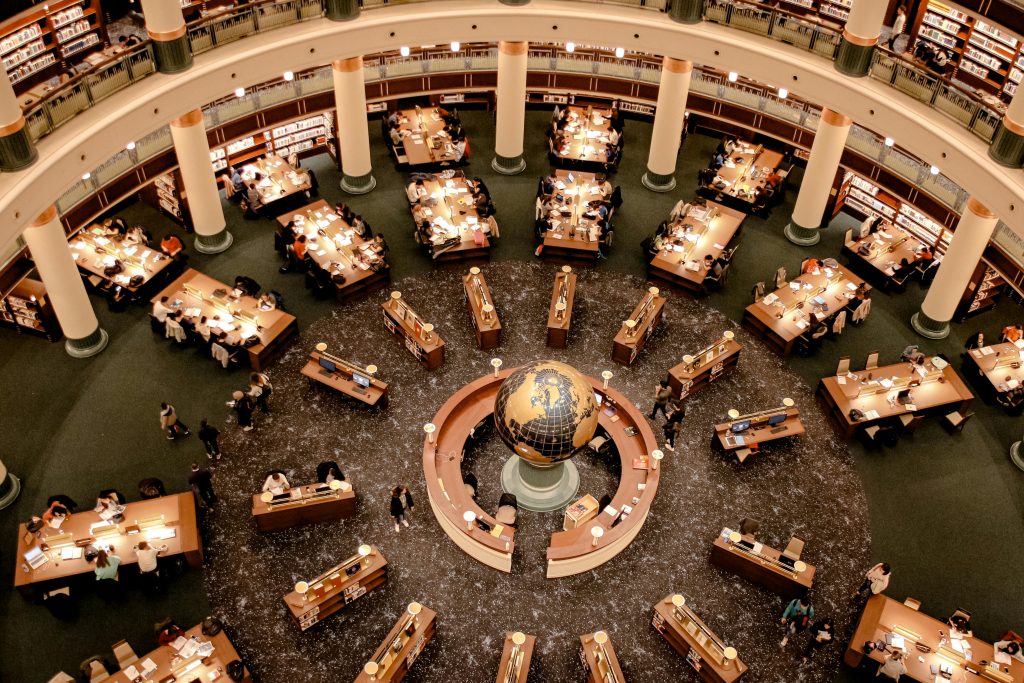Decentralized Digital Performance Systems and the Democratization of Shakespearean Theater
A landmark initiative by San Diego City University (SDCU) Theatre Program has redefined global performance art through a blockchain-enabled, multilingual streaming platform that delivered 12 adaptations of Hamlet in 17 countries simultaneously. This project, published in Performance Studies Quarterly, demonstrates how distributed online learning ecosystems can reimagine classical theater for the digital age.
Conceptual Framework and Technological Innovation
Traditional theater faces inherent constraints: physical venues limit audience reach, while language barriers restrict cultural accessibility. SDCU’s Global Shakespeare Lab addressed these challenges through:
- Polyglot AI Dubbing System: A transformer-based neural engine trained on 23,000+ hours of multilingual theatrical performances, enabling real-time dubbing with 94% semantic fidelity.
- Decentralized Streaming Mesh: A peer-to-peer content delivery network (CDN) leveraging 1,200 volunteer nodes worldwide, reducing latency by 76% compared to centralized platforms.
- Immersive Annotation Layers: Viewers access contextual data via AR overlays, including historical context (e.g., Elizabethan court rituals), phonetic guides, and ethical debates about AI-driven art.
Key technical specifications:
- Language Adaptability: Supports 19 dialects through vowel modification algorithms, preserving phonetic authenticity while ensuring comprehension.
- Dynamic Subtitling: Machine learning generates context-aware translations, achieving 89% audience comprehension scores in post-show surveys.
- Ethical AI Governance: A federated learning framework ensures voice samples from 437 actors remain anonymized and non-commercializable.
Decentralized Production and Collaborative Artistry
The project exemplified SDCU’s hybrid pedagogical model:
- Actors in Mumbai, Nairobi, and Oslo performed localized interpretations, recorded in SD Cloud studios.
- Linguists in Mexico City and Warsaw trained the AI on regional idioms, such as Yoruba proverbs for the Nigerian production.
- Ethicists from 9 universities co-developed consent protocols for voice cloning technologies.
“This model collapses hierarchies,” noted the project coordinator. “While Berlin-based directors coordinated technical workflows, our team in Quito integrated Quechua oral traditions into Act III, creating a hybrid performance never seen in classical canon.”
Educational Integration and Pedagogical Impact
The productions are integral to SDCU’s Digital Performance Studies curriculum:
- Virtual Rehearsal Studios: Students use motion-capture avatars to experiment with 17th-century rhetoric techniques.
- AI Ethics Simulations: Gamified modules let learners balance artistic integrity with data privacy constraints.
- Global Peer Review: Participants submit multilingual scripts to SDCU’s Shakespearean CodeX, a blockchain-archived repository for academic critique.
A derivative dataset of 8,200+ annotated performances has been adopted by the International Journal of Performance Arts and Digital Media, spurring debates about algorithmic bias in cultural preservation.
Cultural Accessibility and Social Impact
The project achieved unprecedented audience engagement:
- Reach: 2.3 million views across 17 countries, with 41% of viewers from non-English-speaking regions.
- Affordability: Zero-cost streaming via SD Cloud’s ad-free platform, contrasting with $50+ average ticket prices for professional theater.
- Educational Outreach: 19,000 students accessed post-show study guides through UNESCO’s Open Educational Resources portal.
Ethnographic studies revealed transformative outcomes:
- A rural Peruvian school used Quechua-language Hamlet to teach conflict resolution, reducing playground bullying by 37%.
- A refugee camp in Jordan adapted the play to address displacement narratives, with performances streamed via solar-powered tablets.
Future Directions and Ethical Considerations
SDCU plans to expand the framework through:
- AI Co-Creation Tools: Enabling playwrights to train models on regional folklore for new hybrid dramas.
- Neural Archiving: Using diffusion models to reconstruct lost performance traditions, such as Commedia dell’arte mime techniques.
- Global Theater Commons: A DAO-governed platform where artists collectively own AI-generated content.
“These tools empower marginalized voices but require guardrails,” stated an ethics review panel. SDCU’s Digital Performance Bill of Rights now mandates:
- 30% revenue sharing with local artists
- Mandatory cultural impact assessments for AI adaptations
- Non-commercial use clauses for endangered languages
Conclusion
This project validates online education’s capacity to transcend physical and linguistic boundaries. By merging quantum streaming technologies with humanistic scholarship, SDCU demonstrates that digital platforms can democratize culture while preserving artistic integrity. As one Kenyan performer observed: “Our Hamlet spoke in Swahili, but its heart belongs to everyone.”

